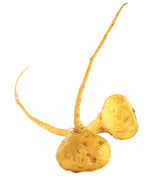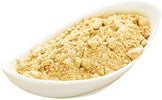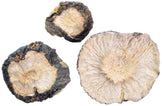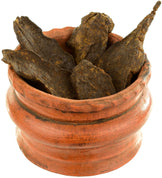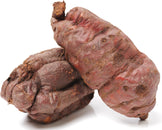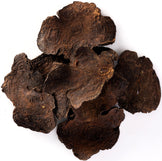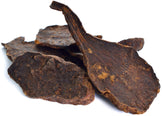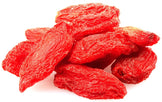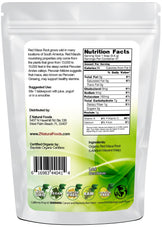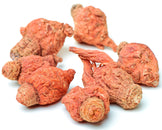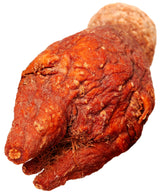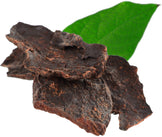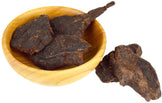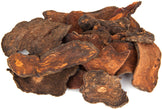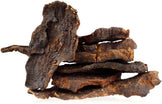Fertility


Categorieswhen you select any items page will be refresh and focus will be move out of the page
Health Concerns
Maca Root Powder - Organic Raw
Maca root is a root vegetable native to the Andes mountains of Peru, where it has long been used as a nutritional supplement an...
Current price$13.99
Maca Root Powder (Black) - Organic Raw
Black maca powder is derived from the root of the maca plant, which is native to the high Andes Mountains of Peru. It is one o...
Current price$13.99
Goji Berry Extract Powder
Goji Berries, also known as wolfberries, are native to the Himalayan region and have been used in Chinese medicine for centurie...
Current price$29.99
Fo-Ti Root Powder (Ho Shou Wu) - Organic
Organic Fo-ti root, also known as He Shou Wu, is an ancient medicinal plant native to Eastern Asia. It is a climbing vine that ...
Current price$29.99
Sun Dried Goji Berries - Organic
Sun-dried goji berries have been used for centuries in traditional Chinese principles and are believed to have originated in Ch...
Current price$14.99
Maca Root Powder (Red) - Organic Raw
Red maca powder is derived from a root vegetable native to the Peruvian Andes and has been used medicinally for centuries. It ...
Current price$13.99
EmpowHER - Ultimate Women's Health Fo...
EmpowHER is a natural anti-aging formula that targets STRESS . . . because nothing ages you faster than STRESS. EmpowHer is a c...
Current price$69.99
Fo-Ti Root Extract Powder (Ho Shou Wu...
Organic Fo-Ti Root Extract, also known as Ho Shou Wu, is an ancient medicinal herb native to China and Taiwan, deriving from th...
Current price$36.99
Feel Better. Look Better. Be Better.
Get on the list for actionable Health & Nutrition advice every week.



